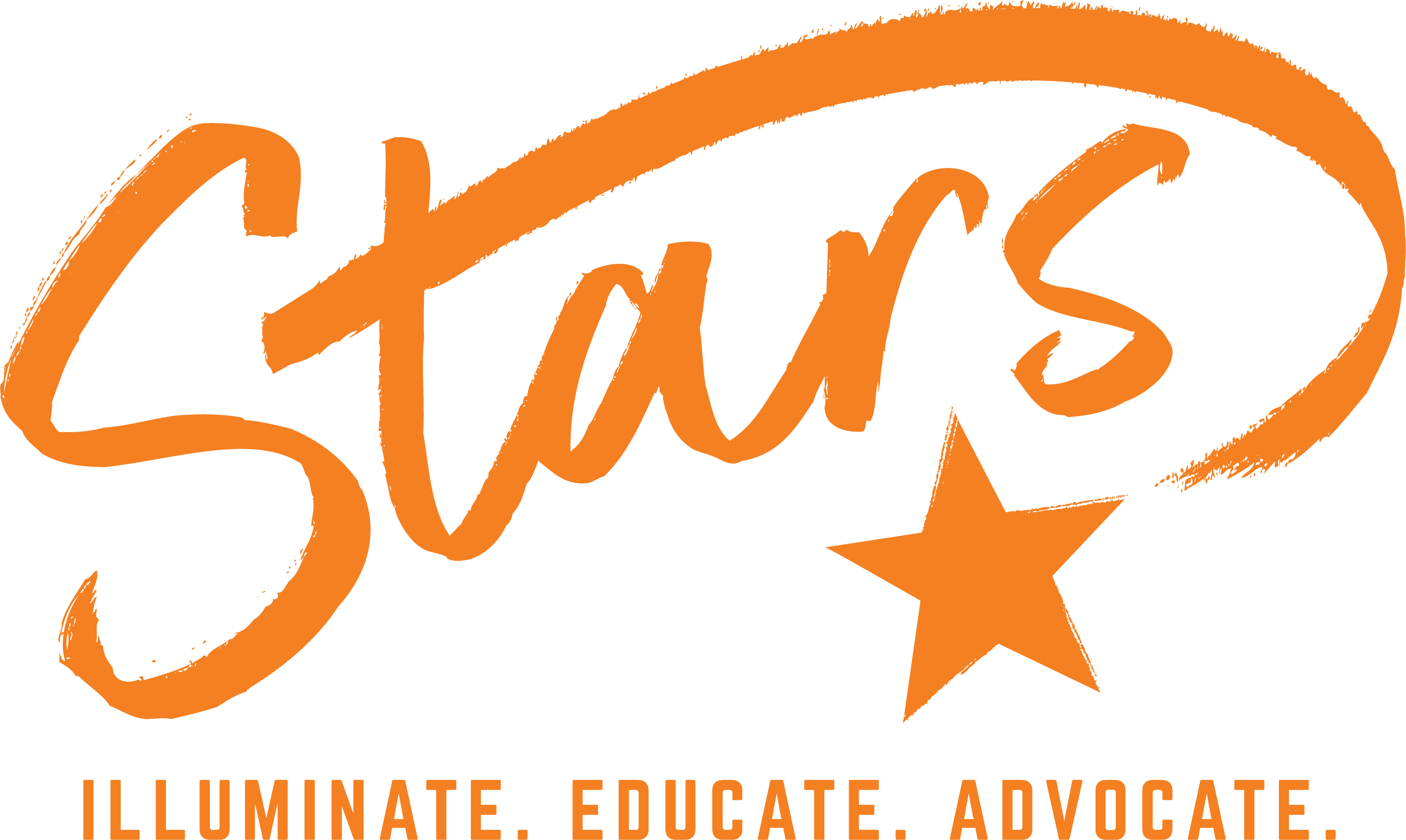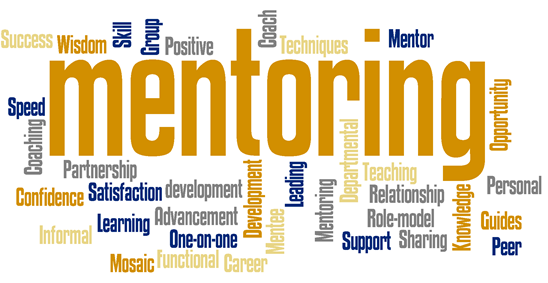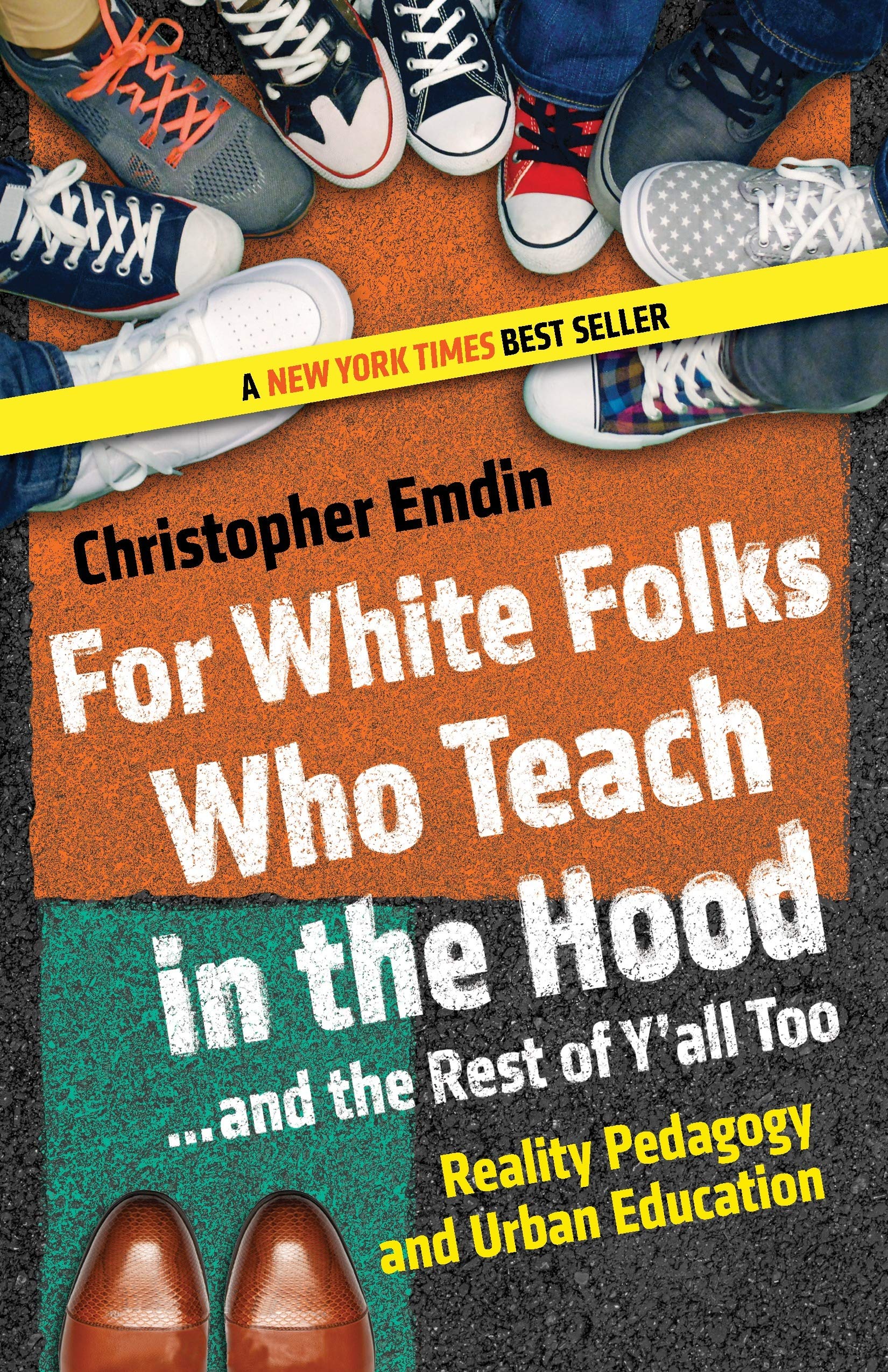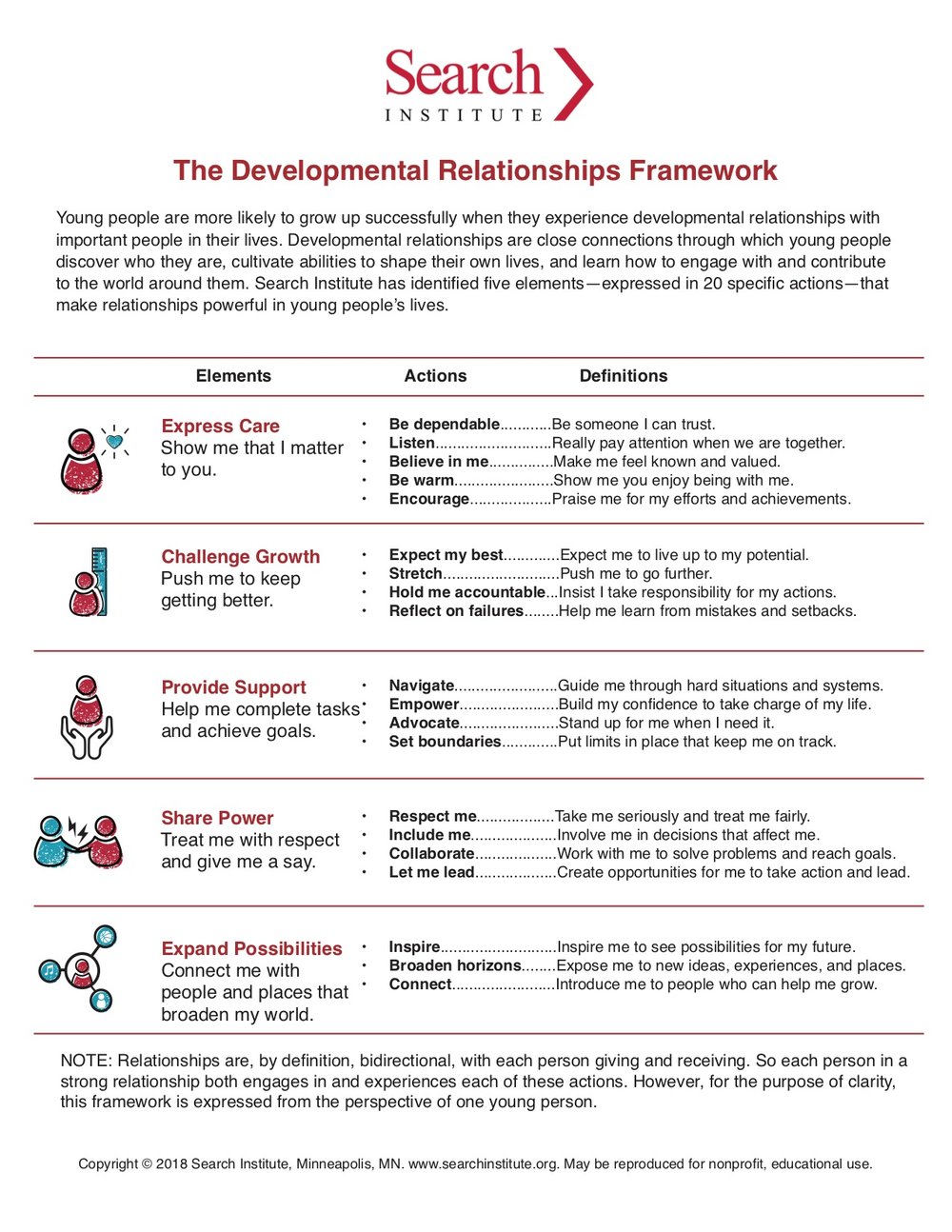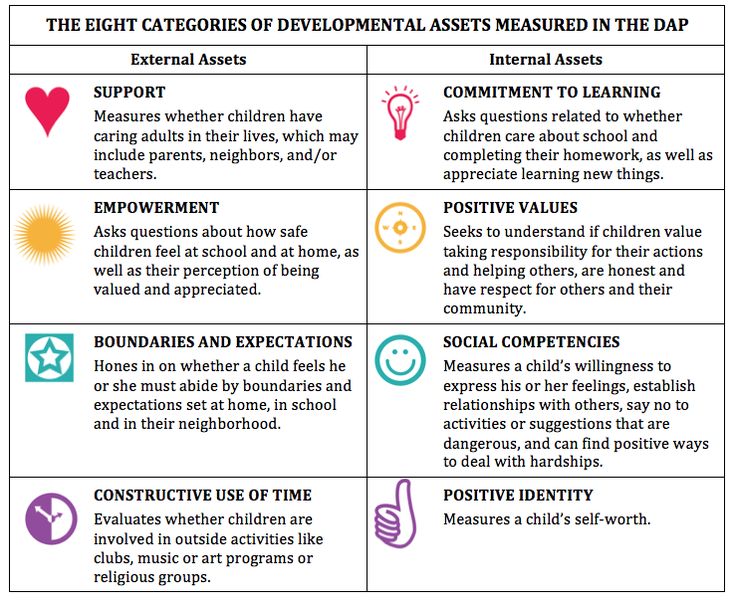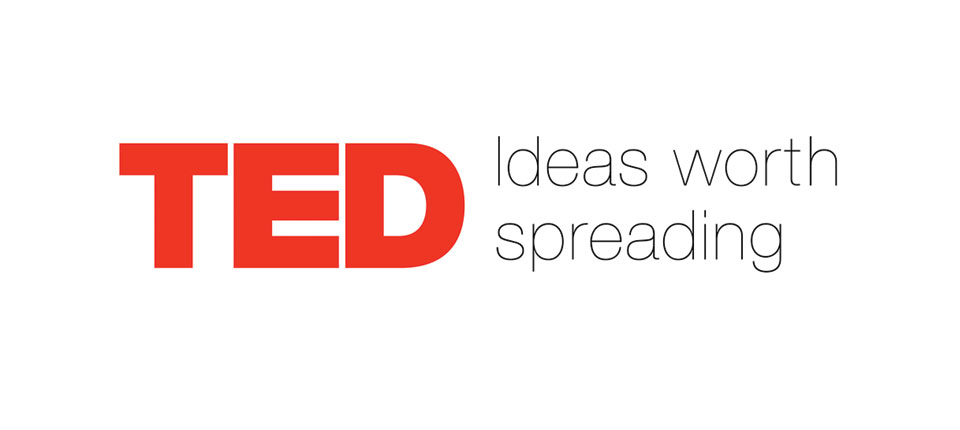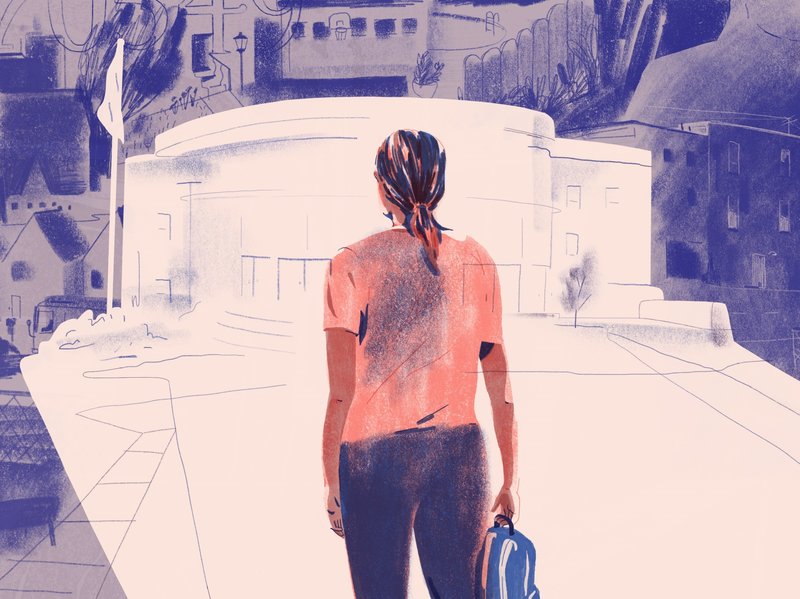Volunteer with Stars

Join the Stars community as a volunteer!
Our volunteer opportunities focus on equipping, affirming, and emboldening young people through creative, consistent, and evolving relationships. Our five programs have various volunteer opportunities: After School Programming for K-HS, Mentoring, College, Wellness, and Summer Programs.
Learn about the volunteer opportunities below! Once you are ready to start, fill out the Volunteer Application, and we will get back to you as soon as possible.
For further questions, contact us at volunteer@gostars.org
*Interested in supporting our Fire Relief Efforts? Volunteer with our Fire Response team by contacting responseteam@gostars.org

Volunteer Roles with After School Programs
| Role | Program | Description | Day/Time |
|---|---|---|---|
| Enrichment Lead | K-5 | Lead a 3-8 week specialized workshop. Ex: art, science, sports, wellness, etc. |
Wednesdays & Thursdays 4:15-5PM |
| Homework Help | K-5 | Tutor, play, and build relationships thru a 1-on-1 or group interaction. | Wednesdays & Thursdays 5:30-6:30PM |
| Homework Help | Middle School | Tutor, play, and build relationships thru a 1-on-1 or group interaction. | Wednesdays 4:10-5:00PM |
| Enrichment Lead | Middle School | Lead a 3-8 week specialized workshop. Ex: art, science, sports, wellness, etc. |
Wednesdays 5:30-6:30PM |
| Tutor/Academic Help | High School | Build relationships thru one-on-one and/or group interaction. | Tuesdays 4:00-5:00PM |
| Group Mentor | High School |
Collaborate and facilitate group sessions with the HS Program Manager and other mentors. |
Tuesdays 5:30-6:30PM |
| One-on-one Mentor |
High School
|
Walk alongside the mentee on a more personal level in supervised one-on-one sessions |
Wednesdays 5:30-6:30PM |
Volunteer Roles with Mentoring
| Role | Description | Commitment |
|---|---|---|
| Small Group | Lead a workshop around a specific topic and facilitate conversations amongst mentees.
Ex: art, life-skills, financial literacy, entrepreneurship, etc. |
Facilitate one or a series of in-person workshop with students at Rose City. |
| Pod Style | Develop an authentic and healthy relationship with youth and walk alongside them in their seasons of life. | Meet in-person with your mentee for a minimum of 8 hours per month for at least 1 year and keep regular contact with your mentee by phone or email.
You must make yourself available to your Mentor Coach who will be contacting you on a regular basis. |
Volunteer Roles with College Support
| Role | Description | Commitment |
|---|---|---|
| Adulting Trainers/Pick Your Brain | Lead a workshop around successful adulting or a specialized topic.
Ex: personal finance, college nutrition, mental health, taxes, credit cards and debt, etc. |
– Trainings can be one-time or a series, 1 to 2 hours in length. – Bi-Monthly Coffee & Chat with Staff and volunteers. |
| Igraduate coach | Igraduate coaches are expected to check in, encourage, and help their students navigate the community college system. |
– Mandatory 4-hour training before beginning with Stars’ partner Ascending Lights. – Minimum of 3 meetings per semester, about 2 hours per month. – Bi-monthly Coffee & Chat with staff and volunteers. – Two-year commitment is preferred. This position can be online. |
Volunteer Roles with Wellness
| Role | Description | Day/Time |
|---|---|---|
| Food Distribution | Unloading and assembling produce boxes for families. | Tues. 9:30-11:30AM |
| Food Distribution | Prepare after school program snacks. | Wed. 11AM-1PM |
| Food Distribution | Prepare after school program snacks/meals for the Muir girls mentoring group. | Thurs. 9:30AM-12PM |
| HS Dinner Prep | Provide dinner for our HS students 1/month. | Tues. 6PM |
VOLUNTEER ACADEMY
Welcome to the Volunteer Academy! We believe continued learning is essential to the volunteer experience – giving you the tools to serve the Stars families well, process your experiences and continually grow and learn. All of our resources have been placed into 5 categories to help you find a resource specific to your current needs and experience. Click on any of the categories below to get recommendations, or select the full resource lists!
This is one of our favorite videos – a must see for anyone who ever has to interact with people.
Relational Development: All things regarding how to have a healthy relationship between volunteer and student.
Youth Development: Tools and practices to help students develop in a healthy way in all areas of their lives.
Race, Culture & Diversity: Addressing issues of cultural differences, implied bias, racism, cultural humility, and how to serve in a culturally and racially diverse community.
Welcoming Environment: A location, relationship, event, and/or conversation wherein all participants (volunteers, staff, student, family) feel emotionally and physically welcome and safe.
Education: Anything regarding how to support a student in their education, from learning multiplication, to applying to college, to getting through college.
You can also check out full resource lists here:
Relational Development
All things regarding how to have a healthy relationship between volunteer and student.
Youth Development
Tools and practices to help students develop in a healthy way in all areas of their lives.
Race, Culture, & Diversity
Addressing issues of cultural differences, implied bias, racism, cultural humility, and how to serve in a culturally and racially diverse community.
Welcoming Environment
A location, relationship, event, and/or conversation wherein all participants (volunteers, staff, student, family) feel emotionally and physically safe.
Education
Anything regarding how to support a student in their education, from learning multiplication to applying to college, to getting through college.
